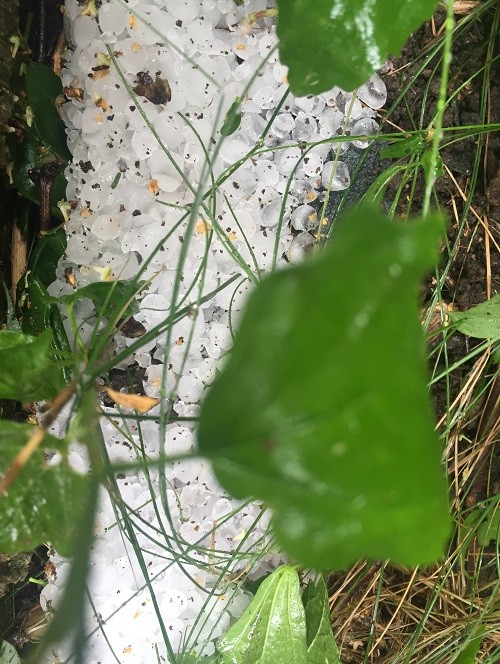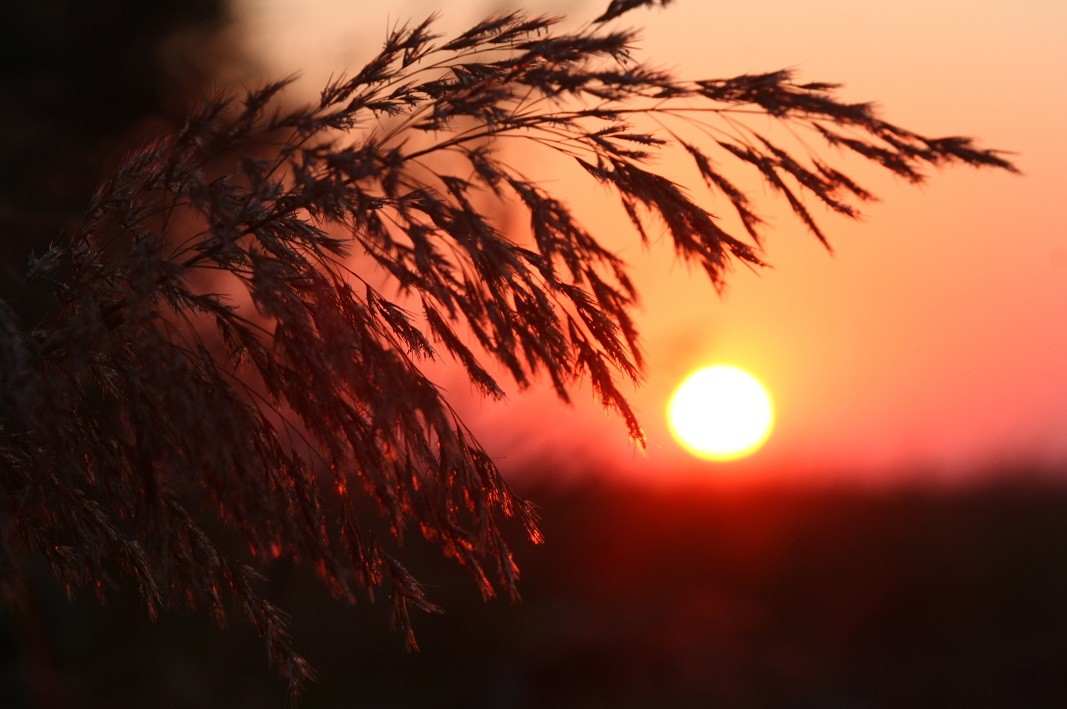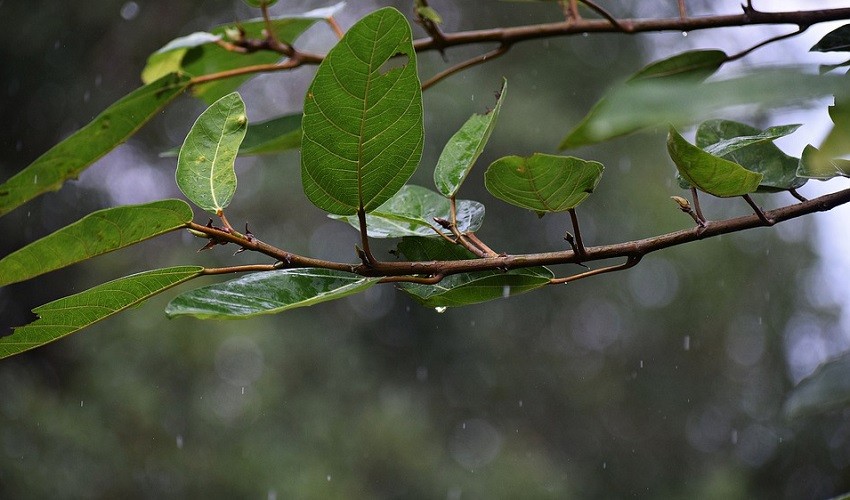“Vivovden will come and then we shall all see” is a popular Bulgarian saying, used as a warning that no evil might remain unpunished.
In the traditional notions of the Bulgarians “Vidovden” in the meaning of “Day of Justice” comes for everyone, especially for people who easily violate human and divine laws. There is also such a folk holiday, called Vidovden, with a permanent date of June 15 (St. Vitus Day, according to the Julian calendar). It is most widespread in western Bulgaria, as well as beyond the country’s western border. People celebrate it in honor of Vida, who, according to popular belief, was the sister of the two Saints - Bartholomew and Elisha. According to folk beliefs one should not work on this day in order to prevent hailstorms that could damage the crop.
 Another belief is that there were four brothers named German, Bartholomew, Elisha and Vido. German’s holiday is on May 12. On the same day, the Orthodox Church honors the memory of St. Germanus - Patriarch of Constantinople in the VIII century and enemy of iconoclasm. According to folklore, St. German is linked to a pagan deity - the master of hailstorms, and no one should work on his day. On June 11, the Church celebrates the memory of St. Apostle Bartholomew, who preached in India as a disciple of Christ and had received power from Him to work miracles and heal people. He was crucified and died a martyr's death in Armenia. Bulgarians considered him a protector from summer hail. On the day dedicated to him fortune-telling is practiced in some villages. Just before Vidovden the Day of Elisha is marked on June 14. The holy prophet Elisha, a disciple of Prophet Elijah, received his cloak and gift of being a prophet at the ascension of his teacher. In folklore beliefs, Elisha protects against hair loss and is also a spirit that carries the disease, but can also cure it. Before Elisha’s day, the sowing of millet must be completed. On this day on the eve of Vidovden, people used to go to the field and there performed rituals of healing. After that comes the day of Sister Vida (or Brother Vidyo).
Another belief is that there were four brothers named German, Bartholomew, Elisha and Vido. German’s holiday is on May 12. On the same day, the Orthodox Church honors the memory of St. Germanus - Patriarch of Constantinople in the VIII century and enemy of iconoclasm. According to folklore, St. German is linked to a pagan deity - the master of hailstorms, and no one should work on his day. On June 11, the Church celebrates the memory of St. Apostle Bartholomew, who preached in India as a disciple of Christ and had received power from Him to work miracles and heal people. He was crucified and died a martyr's death in Armenia. Bulgarians considered him a protector from summer hail. On the day dedicated to him fortune-telling is practiced in some villages. Just before Vidovden the Day of Elisha is marked on June 14. The holy prophet Elisha, a disciple of Prophet Elijah, received his cloak and gift of being a prophet at the ascension of his teacher. In folklore beliefs, Elisha protects against hair loss and is also a spirit that carries the disease, but can also cure it. Before Elisha’s day, the sowing of millet must be completed. On this day on the eve of Vidovden, people used to go to the field and there performed rituals of healing. After that comes the day of Sister Vida (or Brother Vidyo).
Today, the holiday is present more as a belief in the inevitable punishment for sinners, but in some areas it is still revered. On Vidovden, people have to get up early to see the sun rise. It is believed that this would make them healthy and happy.
 According to traditional beliefs, hail and other natural disasters come as God's punishment for sin. In folk beliefs, the mythological brothers are those who bring hail and their sister is the one who watches what people do.
According to traditional beliefs, hail and other natural disasters come as God's punishment for sin. In folk beliefs, the mythological brothers are those who bring hail and their sister is the one who watches what people do.
In some parts of Bulgaria, on Vidovden, young girls took clothes out and spread them on the fence so that the sun could see them. One legend claims that the day is associated with sight. Therefore, people with vision problems got up early that day and sprayed their eyes with dew from green twigs.

This day is also celebrated by all those who bear names derived from Vido and Vida. Among them are Viden, Videna, Videlina, Vidoslav, Vidoslava and others.
English: Al. Markov
Photos: BGNES, Pixabay
Clocks and bells will ring out in the center of Stara Zagora on Saturday, when the city will host the XXIV Masquerade Games Festival . The event will start with a traditional parade of participants. Attractive babugers, araps, old men and other..
Today marks the 88th anniversary of the birth of remarkable Bulgaria folk singer Nadka Karadzhova . Born on March 14, 1937 in the then Pazardzhik village of Trivoditsi (today - Plovdiv region), she is a descendant of an old musical family. At the age..
Every year, the chitalishte (community culture club) in the village of Kralevo not far from Targovishte, re-enacts Bulgarian traditions and rituals, organizing contests such as “Master lyutenitsa - maker” and “From granny’s dresser”. And for the..

+359 2 9336 661
